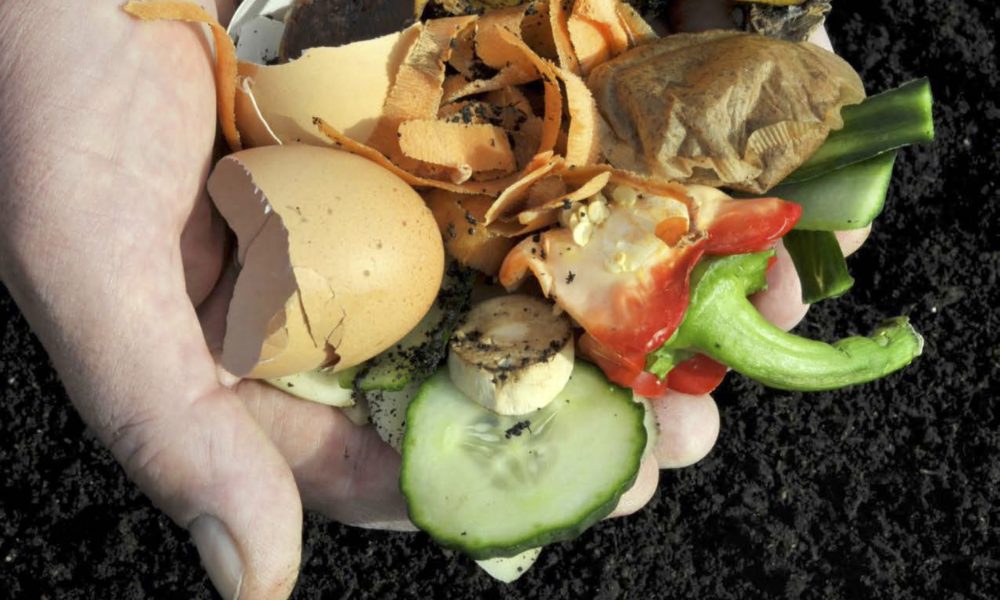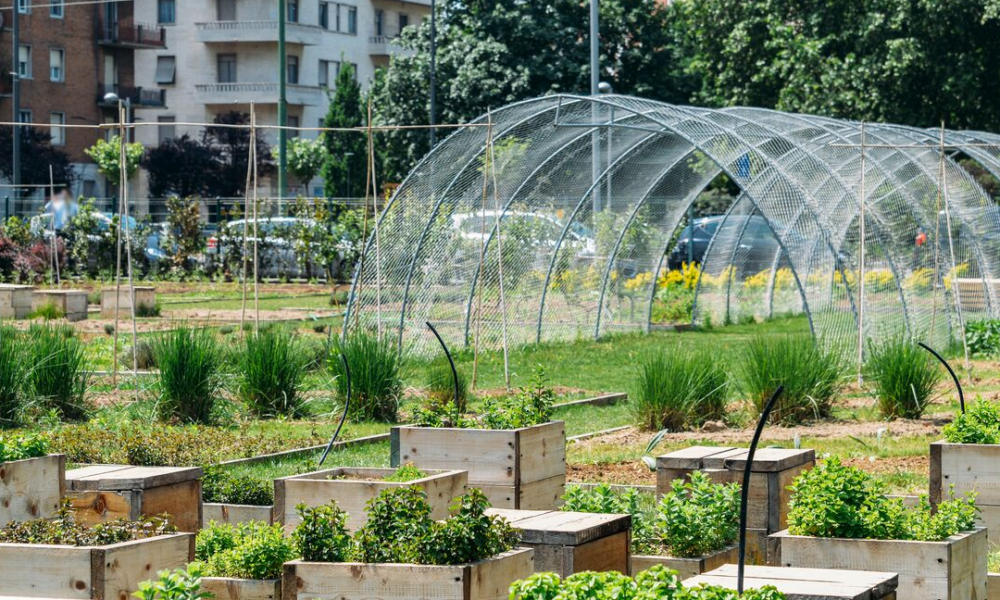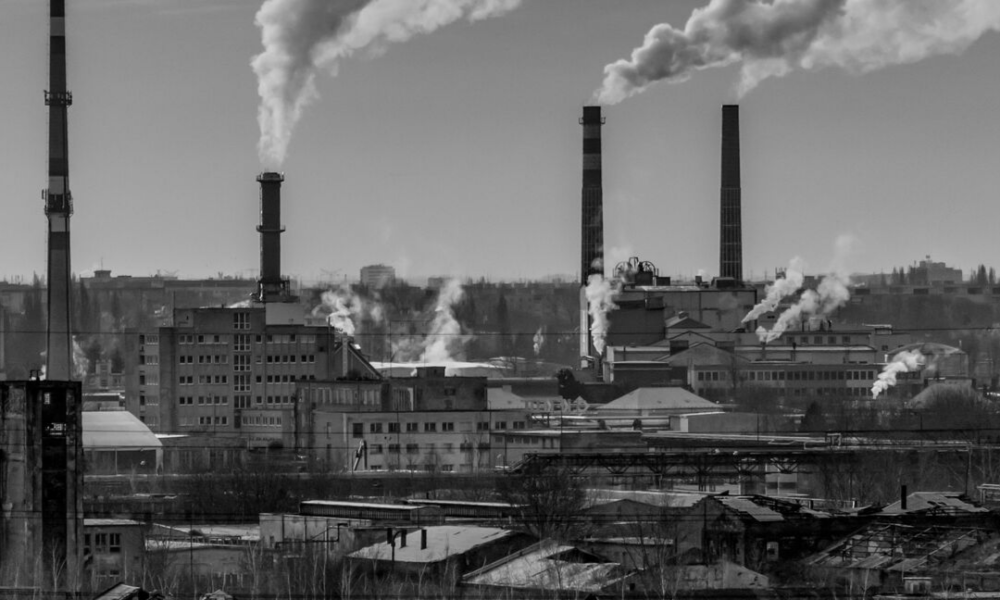Food Study Introduction
Accessing Land in St. Louis to Grow Food
Land access is a common barrier for beginning and other farmers, and is uniquely challenging within urban settings. Availability, cost, parcel size limitations, specific location (e.g., proximity to markets or residence, neighborhood acceptance), competing uses, and soil quality (in the case of toxic soil contamination) make secure tenure on appropriate urban parcels difficult. In general, most…
Read MoreSoil Toxicity in St. Louis
Industry has been an important part of St. Louis’ history since the 1800s. After the civil war, shipping and manufacturing expanded dramatically, due in part to the city’s central location in the country and access to rail and water transportation. Sites that were previously home to factories, gas stations, smelters, and houses built before 1978…
Read MoreKnown & Grown STL: Where Does Our Food Come From?
Where does our food come from? Throughout human history, at least up until the 20th Century, this question has had a fairly straightforward answer: the land around us. To ask that question now is to invite all of the confusion and existential anxiety that a post-industrial society can offer, which is why mostly we don’t…
Read MoreNew Study Says What’s Needed to Help Local Farmers, Improve Food Access, and Protect the Environment
FOR IMMEDIATE RELEASE For release: June 3, 2019 Contact: Melissa Vatterott, Food & Farm Director (314) 727-0600, ext. 111 mvatterott@moenviron.org NEW STUDY SAYS WHAT’S NEEDED TO HELP LOCAL FARMERS, IMPROVE FOOD ACCESS, AND PROTECT THE ENVIRONMENT St. Louis, MO: Missouri Coalition for the Environment (MCE), on behalf of the St. Louis Food Policy Coalition (STLFPC),…
Read More


